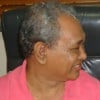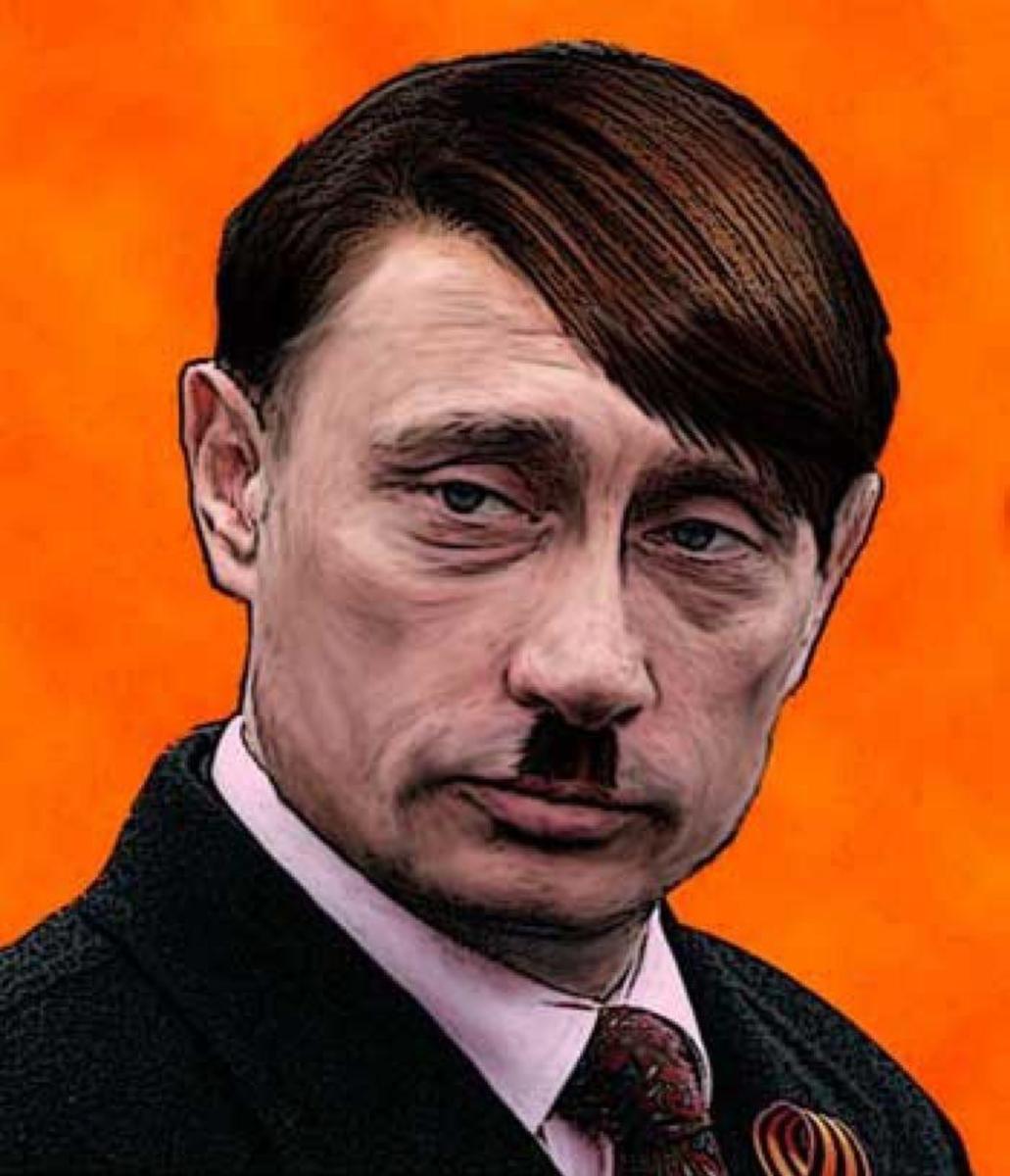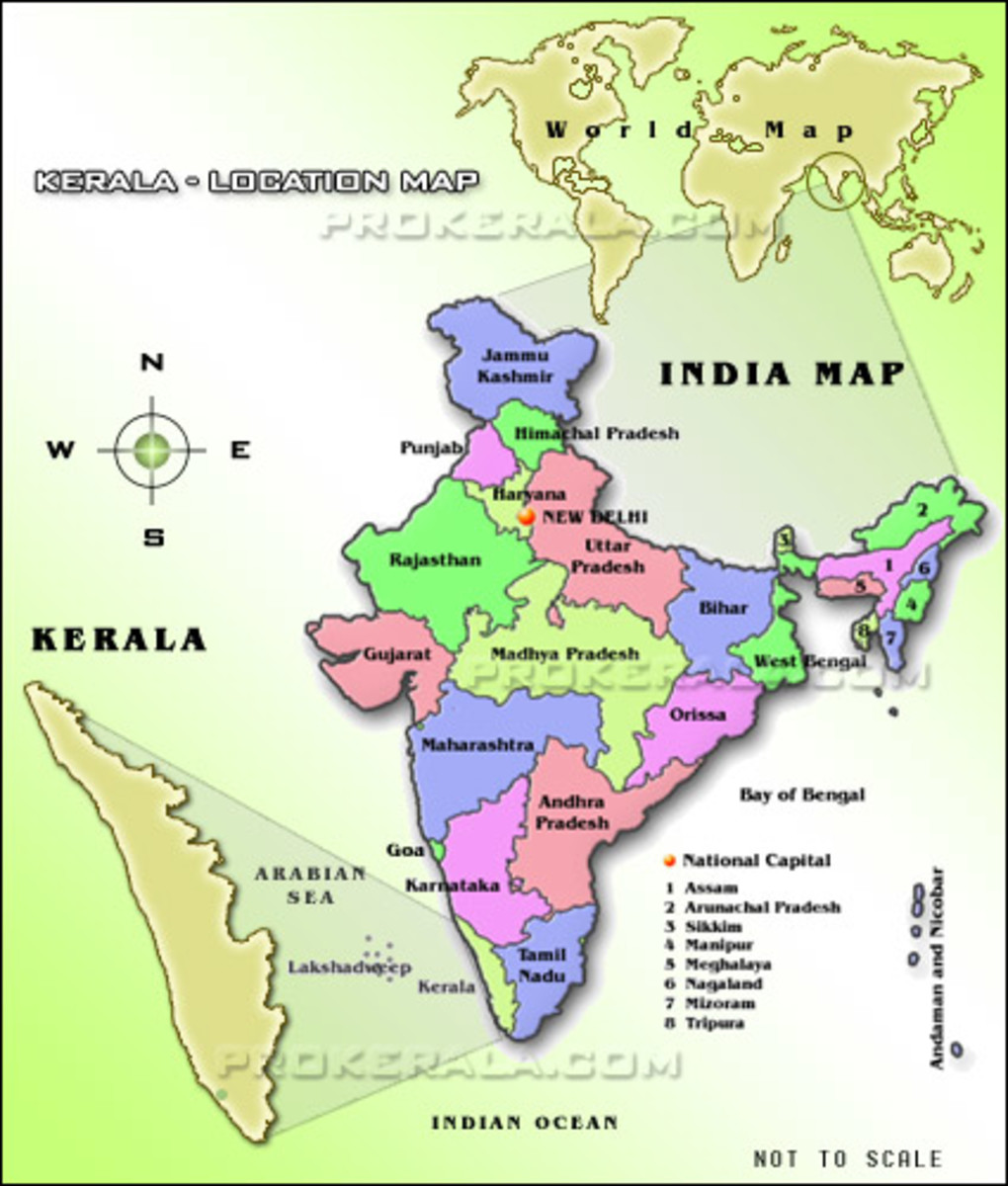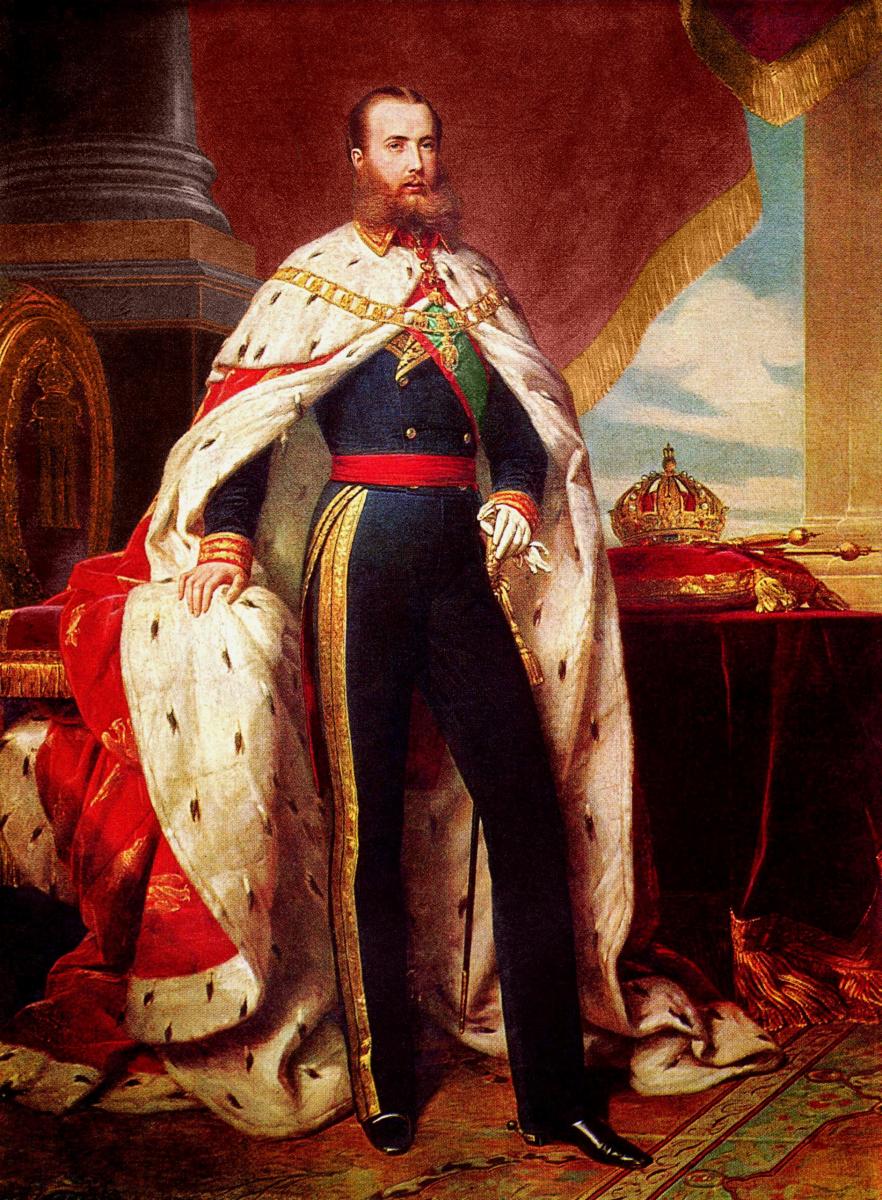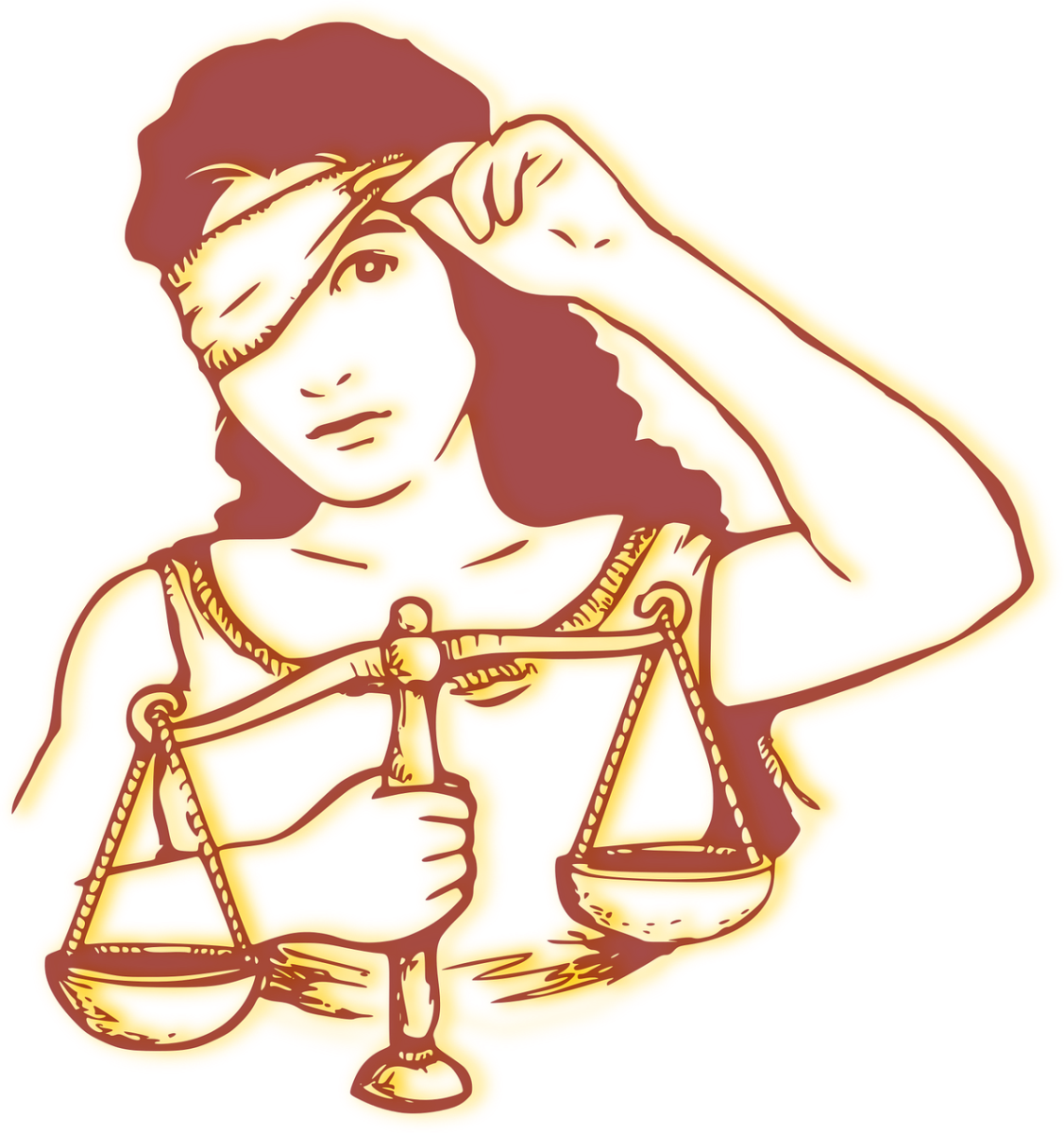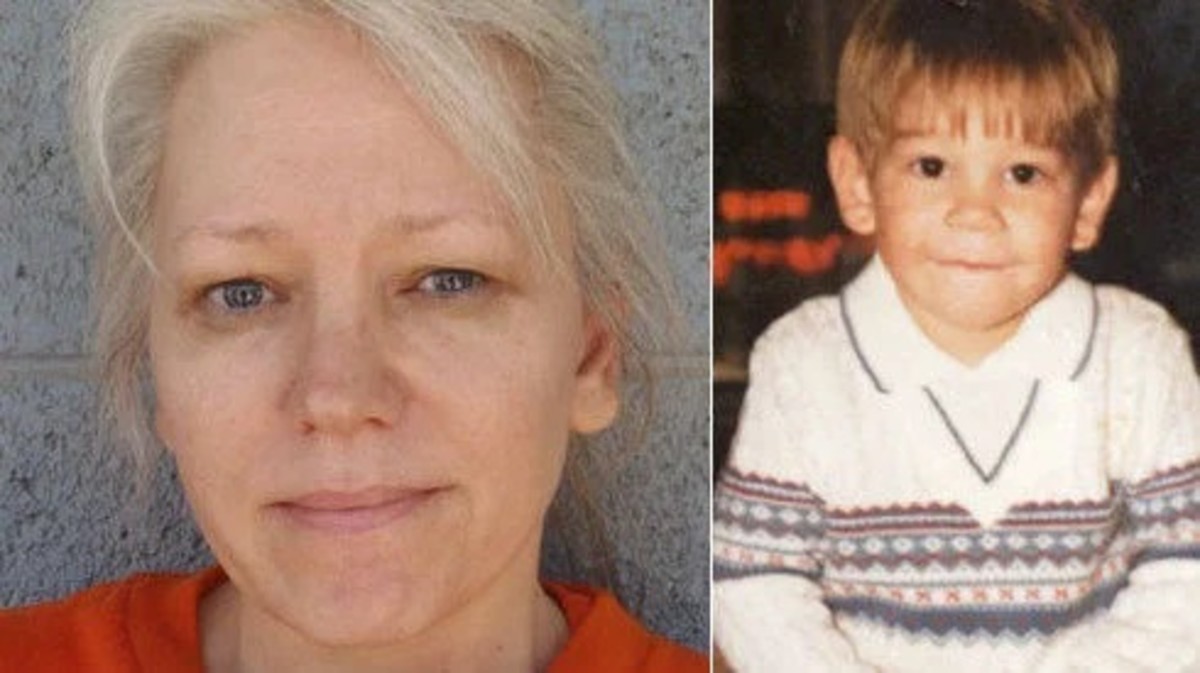How to Magnify Power: Join a Social Organization
Magnify power to survive in this world
What is power?
Power is the ability to attain one’s objective. It is a quantitative concept. For example, the objective of owning units of computers. If Juan could buy 8 units of computers and Maria could only buy 5 units then Juan is more powerful than Maria.
Power divides into varieties. Naked power involves the use of physical force, like a dictatorship. Economic power involves the use of monies and pieces of property. Persuasive power uses information and persuasion. Political power uses executive authority, like a president. Priestly power is derived from a god and control is based on faith.
To magnify is to multiply, to add, to enlarge the area of jurisdiction or to increase the number of followers or believers. A general has magnified his power by commanding an army. Jesus Christ had magnified his priestly power by convincing 12 persons to follow him, the disciples, and spread his word.
Usually the varieties of power are combined to attain objectives. The general uses naked power and persuasive power. He can execute a deserter or he can have him executed. By convincing the soldier to agree to the cause he is fighting for, he uses persuasive power. By giving the soldier salaries and other benefits he uses economic power.
The dictator has magnified his power by having the general under his command.
How to magnify power?
Jesus magnified his power by persuading his disciples that he is the son of god and that he is the god himself. That is what the disciples had told to people. That is what the pope is telling the people. That is what the cardinals, archbishops, bishops and priests are telling people. Power is magnified for as long as more and more people believe in what the pope is saying.
How can one magnify his/her power? First he/she must believe in himself/herself and his/her cause. Then he/she must have a strong desire to spread his/her cause. The desire to limit ownership of land in bringing about social justice is good.
That strong desire may be good or bad. The desire of a sociopath is bad. A dictator can be considered a sociopath, one who is wise, intelligent, friendly, a good actor but wily. His disposition is deceptive, showing amiability when in fact he is boiling inside. Joseph Wambaugh has a collection of descriptions of a clinical sociopath in his book, “The Blooding” about the celebrated rapist and murderer of three girls in England, Collin Pitchfork. He did not show any remorse about his crimes.
Power may be good or bad. Hitler had a strong desire and acquired power. History has shown that the anti-Semitism of Hitler is bad, sending millions of Jews to gas chambers. The power of the pope to launch nine crusades in five centuries (1059 to early 1500s) against the Muslims is bad, causing mass slaughter to both Christians and Muslims.
The power that defeated the Axis powers (Japan, Italy, Hitler’s Germany) in WWII is good.
Origins of power
For example, the emperor of Japan. Its origin is a legend, the belief that the emperor is the son of the sun. It belongs in persuasive power although it adds naked power, economic and political power. It has elements of priestly power in the fact that the legend is taken on faith. The hold of the emperor is proportional to number of people who believe in the legend and participate in the rituals and behave according to expectations.
The emperor can be measured by way of naked power held by the military. Its extent was demonstrated in WWII when Japan surrendered to be occupied by the US army led by Gen. Douglas MacArthur. One of the conditions for the surrender of Japan was that the emperor be retained. Gen. MacArthur agreed saying that the emperor was worth 125,000 occupation soldiers. As occupation commander, MacArthur only had to say the word (command) to the emperor and the Japanese people would follow (Kolko, J. And G. Kolko. The Limits of Power. 1972).
The power of Napoleon Bonaparte I started with his ability, as commander, to win battles for the French army. When the leader of the French revolution of 1799 had a hard time restoring order during the Reign of Terror, Joseph Bonaparte, a member of the ruling council took in Napoleon, his brother, into a triumvirate. Napoleon was then commander of the French army. Napoleon took advantage of his position to usurp power until he could claim the throne of France without opposition. He crowned himself as king, instead of the tradition of the pope doing the chore. Napoleon’s power consisted mainly of naked power, being commander of the French army. There were attempts to assassinate Napoleon. To discourage such attempts, Napoleon declared himself emperor of France. That way his throne became hereditary. In short, Napoleon created a virtual monarchy. Since then the throne passed on to relatives of Napoleon.
The power of Louis-Napoleon III originated from the naked power of Napoleon Bonaparte I, his uncle who influenced him immensely. His biography is a study of the origin of power and how to magnify power. He became president of the Second French republic, abolished it and set up the Second Napoleonic empire then by means of a referendum he was ensconced as emperor.
In China before WWII, the power of rulers was dynastic that graduated into naked power. The feudal lord that could subjugate other feudal lords started a dynasty. Since the May movement after WWI (1919), the ruling power in China changed over to naked power between the forces led by Mao Tse-Tung and Generalissimo Chiang Kai-shek. Chiang lost in the Chinese civil war despite the heavy support from the United States. In 1949 the group of Mao ruled over mainland China, with Formosa or Taiwan remaining as the holdover territory of Chiang. China has reclaimed Hong Kong from Great Britain and Macau from Portugal. China has a way of selecting its leader different from that of democratic means of the West like USA.
In a democracy
In a democracy like the USA how can a person magnify his power? For example, Richard Nixon, former president of USA. His original capital was his desire as a senator. This was augmented by his degree as lawyer obtained from the Whittlier College and Duke University plus stint as navy lieutenant in the Pacific in WWII. He was elected senator of California in 1950. As senator (Republican) he was member of the Un-American Activities Committee. He was active in persecuting alleged communists in the administration of Pres. Harry S. Truman, a Democrat. He gained popularity in prosecuting the case of Alger Hiss, a former cabinet member of Pres. Franklin D. Roosevelt.
In 1952, Gen. Dwight Eisenhower, the standard bearer of the Republicans for the Presidency picked him as running mate. He won. In 1960 he ran for the Presidency opposite John F. Kennedy. He lost. In 1968 he again ran for president and won. In 1972 he signed a rapprochement treaty with China. However, his involvement in the Watergate scandal forced him to resign the presidency.
The Republican Party propped the personal power of Nixon. There are also power brokers who control political parties in USA, the international business interests. Their hands became visible in the support of Chiang in the attempt to take over China and the vast China market. Their hand also manifested in the Korean war in making policy. The whole Cold War was the game of the internationalist businessmen. The rapprochement with China is part of their game.
So is the split in the governance of USA between the president and the Federal Reserve Bank taking control of the economy of USA and the capitalist world. The Fed is a private corporation.
True, the individual voter in a democratic system has the power. But that vote counts as one only. The political party harnesses that individual vote into a powerhouse. The power brokers take hold of the political party then take hold of the entire nation.
A power broker was demonstrated by Col. Edward House who was also a banker. He convinced Woodrow Wilson, a former political science professor who also wrote books. Col, House guided the political ascension of Wilson in becoming president of USA. Even if he did not hold a public office, Col. House was sent as head of the US delegation to the conference in Europe to hammer out the terms of the surrender of Germany. Apparently, Pres. Wilson was not a complete stooge of the internationalists. Wilson himself participated in the Versailles conference and at times he and Col. House were at odds as to their positions.
The armistice exacted excessive reparations payments from Germany that resulted in runaway inflation making German civilians suffer. Such deprivation was used by Hitler to enrage the Germans resulting in their support for Hitler. He was appointed as chancellor as a way to control his irascibility. However, the position gave Hitler the opportunity to usurp power and built up his dictatorship.
International businessmen financed Hitler to rearm Germany and use it to weaken Europe, particularly the British pound. One principal aim for WWII was to make the American dollar the world currency.
Marcos, Sr. former dictator of the Philippines
Ferdinand Marcos, Sr. had a political capital. He graduated law at the University of the Philippines, Diliman campus. His father was a politician in Ilocos Norte whose rival was Julio Nalundasan. Neighbors had it that Nalundasan was brushing his teeth when he was suddenly gunned down. Marcos, Sr. was accused of killing Nalundasan. He was convicted by a lower court and jailed. He appealed his case to the Supreme Court and he was allowed to defend himself. Also inside the cell, he reviewed for a forthcoming bar examination which he topped. Topping the bar exam is a sure ticket to Philippine politics
The Supreme Court chief justice, Jose Laurel, found Marcos, Sr. to be a brilliant lawyer. He likened him to one of his sons who was accused of a crime and was not acquitted by the court. Laurel thought that he should not suffer the same fate as his son, according to Salvador Laurel, Jose's son (Joaquin, Nick. Doy Laurel). So he acquitted Marcos, Sr. who turned his feat in the court a part of a legend as a brilliant lawyer.
WWII gave Marcos, Sr. a lot of opportunities to create legends about himself. He was known as a guerrilla leader by some; others know him as a collaborator who was called "sagad." This is an Ilocano term for broom, meaning he would spare no enemy, including fellow Filipinos. He earned some combat medals, some legitimate, a lot of them solicited or supported by documents. It was easy to make up documents, make some purported witnesses to sign. According to Bonifacio Gillego, a former government official, Marcos, Sr. had some seven legitimate medals, the others, about 20, were awarded with the support of documents. Gillego would win a seat as congressman in Bikol after Marcos was deposed as a dictator.
His acquittal by the Supreme Court could have shown Marcos, Sr. that he could fool the ruling class of the Philippines, in fact, the Philippine system as a whole. He went on to win a congressional seat for Ilocos Norte (Luzon), as a senator and as president of the Senate. He was already in Congress when he met Imelda. A marriage with Imelda who comes from Tacloban, Leyte of the Visayas group of islands, would win for Marcos, Sr. the Visayan and Mindanao votes. The Philippines has three groups of islands, Luzon, Visayas and Mindanao. A lot of Filipino voters could vote a candidate for a song and Imelda was a good singer who sang in campaign sorties of Marcos. Sr. To clinch the Visayan and Mindanao votes. Marcos, Sr. picked Fernando Lopez, a Visayan, for his vice-president when he ran for president.
Marcos, Sr. won the presidency by persuasion and by fraud. When the time came that he would be disqualified to run for president because of a constitutional limit, a constitutional convention was held in Manila Hotel. Marcos, Sr. bribed some delegates to come up with a draft constitution that removes this limit. However, even before his last term as president could end, he declared martial law in September 1972, "to save the republic and reform society." That is save the country from the leftist menace that he himself helped build up. Martial law is a euphemism for dictatorship. That way, he was like Hitler who "saved" the Reichtag from the communists. As reward, Hitler was appointed chancellor of Germany.
Marcos, Sr. closely followed Napoleon Bonapate I on the part that Napoleon was a military commander to became supreme over the French army. Remember, Marcos, Sr. "won" several medals against the Japanese in WWII. He also closely followed the example of Louis Napoleon III, Napoleon's nephew. Influenced by Napoleon I, Napoleon III was obsessed with reviving the First French Empire and the throne of Napoleon I as emperor. He attempted several coups which were repulsed. He wrote a lot about political principles of freedom and economic progress by which he won adherents. When the Second French Republic was installed Napoleon III ran for president who was catapulted to the presidency by 75% of the voters. The French constitution that resulted from the 1848 revolution limited the term of the president into one. Whereupon, he went around France convincing people that one term was not enough to bring about the prosperity and past glory that he wanted for France. He was allowed to run again for president. This is parallel to what Marcos, Sr. did with the constitutional convention that hammered out the 1973 Philippine (Marcos) constitution. As president, Napoleon III abolished congress; by means of a referendum he was declared emperor of France. He was drawn to the Franco-Russian war where he was defeated in 1870. He was exiled in England. He died in 1873 after an operation to remove a bladder stone.
Some parallels with the fate of Marcos, could be drawn. Marcos, Sr. manipulated the constitutional convention, built up a "red" enemy (although there are legitimate insurgents who are anti-imperialists). He took over the Philippines as a dictator while Napoleon III was ensconced as emperor. The Franco-Russian war was like the EDSA People Power that deposed Marcos, Sr. Of course, we do not discount the role played by foreign lenders from whom Marcos, Sr. had borrowed a lot. Former US president Ronald Reagan, his principal foreign sponsor, told him to "Cut clear" and "Cut clean" The foreign lenders saw that Marcos, Sr. could no longer rule that their investments were threatened with non-payment.
The role of the people who comprised the EDSA People Power in 1986 should not be discounted in ousting Marcos, Sr. He was afflicted with lupus that destroyed both his kidneys. He had kidney transplants. The doctor who did the transplants and his wife were murdered by burglars in military uniform. Marcos, Sr. was flown to Hawaii by US military helicopters where he died of kidney trouble.
Pockets of power
There are pockets of power in a democracy created through the concept of a corporation, like Big Pharma, internet monopoly, junk food monopoly, vaccines industry, tobacco industry. Now the genetically modified organisms (GMO) stranglehold has emerged.
The power of the runaway corporation is bad. It is only a legal entity; it has no moral scruples.
Individuals, even several individuals, are at the mercy of the runaway corporation and the incumbent ruling class.
Individuals can only break the stranglehold when they harness their power by means of social organization like ePIRMA.
